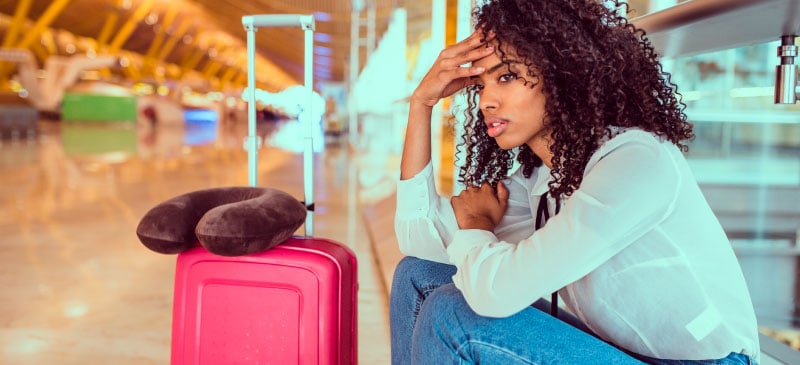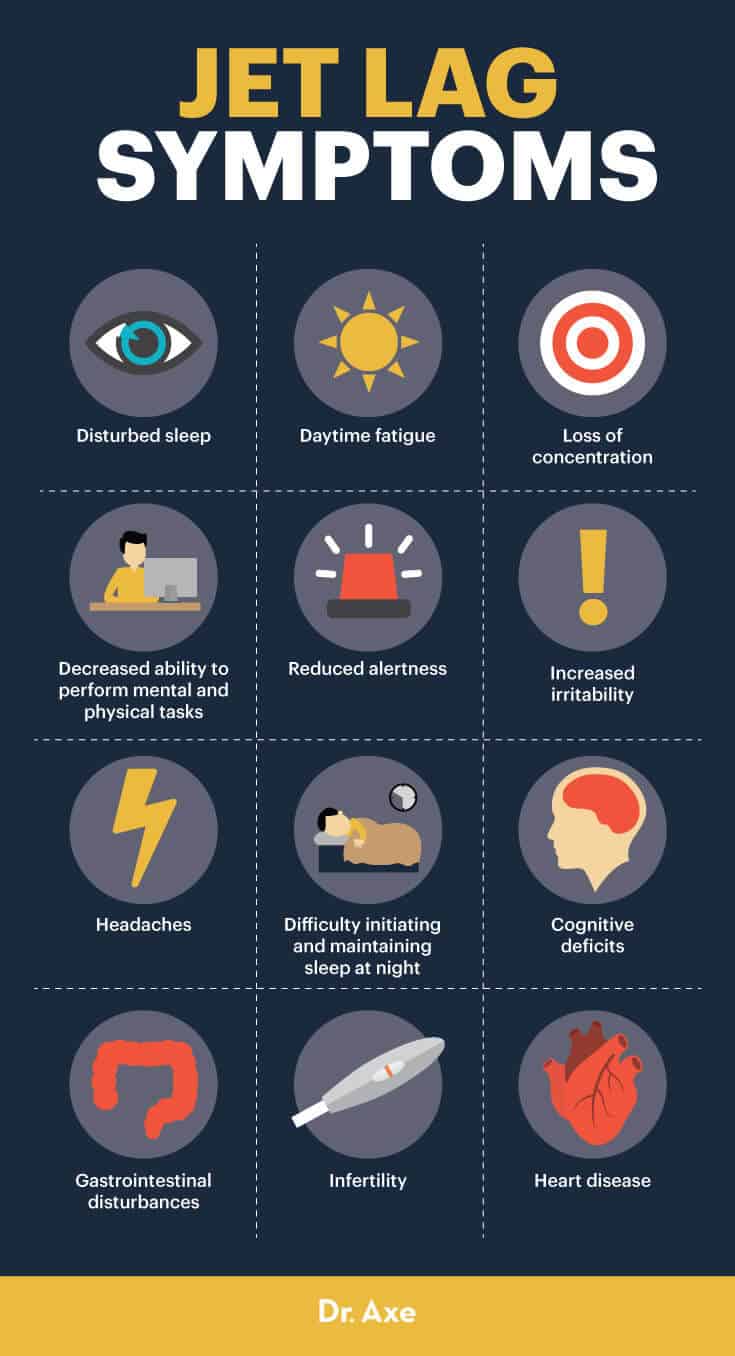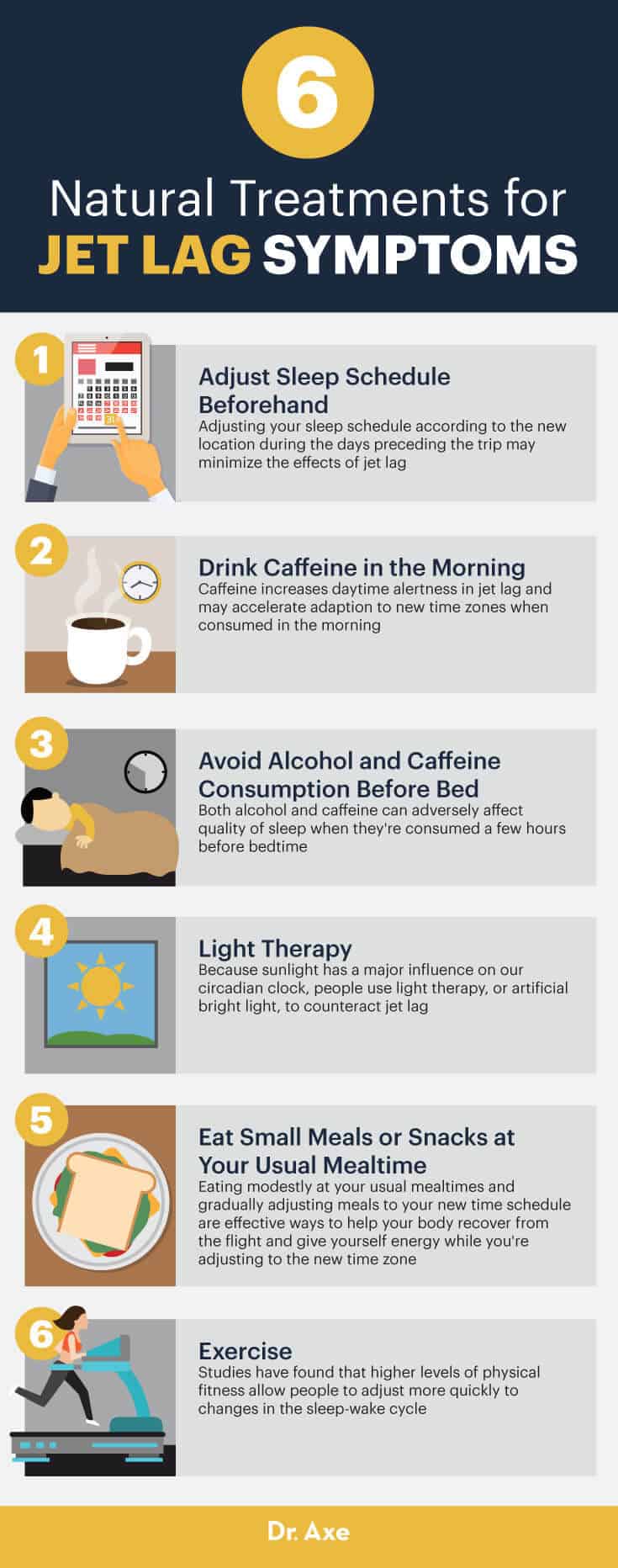This Dr. Axe content is medically reviewed or fact checked to ensure factually accurate information.
With strict editorial sourcing guidelines, we only link to academic research institutions, reputable media sites and, when research is available, medically peer-reviewed studies. Note that the numbers in parentheses (1, 2, etc.) are clickable links to these studies.
The information in our articles is NOT intended to replace a one-on-one relationship with a qualified health care professional and is not intended as medical advice.
This article is based on scientific evidence, written by experts and fact checked by our trained editorial staff. Note that the numbers in parentheses (1, 2, etc.) are clickable links to medically peer-reviewed studies.
Our team includes licensed nutritionists and dietitians, certified health education specialists, as well as certified strength and conditioning specialists, personal trainers and corrective exercise specialists. Our team aims to be not only thorough with its research, but also objective and unbiased.
The information in our articles is NOT intended to replace a one-on-one relationship with a qualified health care professional and is not intended as medical advice.
How to Get Over Jet Lag Symptoms
May 17, 2024

Getting ready to fly far away from home and dreading the inevitable jet lag? Did you know that fluctuations in our environment, such as light and temperature, can dictate our internal clocks and alter our ability to function properly?
That’s why jet lag symptoms arise when we travel to another time zone. Coordinated daily rhythms are evident in most aspects of our physiology, and they’re driven by internal timing systems that are known as circadian rhythms.
Several studies demonstrate that jet lag causes sleep disturbances because humans are very sensitive to changes in their temporal setting.
The most common jet lag symptoms, including sleepiness, decreased efficiency and premature awakening, can be reduced by taking actions to help the body adapt to its new environment.
What Is Jet Lag?
Jet lag is also known as circadian desynchrony. Desynchrony is a condition in which the environmental cues and patterns conflict with an individual’s existing pattern.
That’s exactly what’s going on when we experience jet lag — there’s a mismatch with the body’s natural circadian rhythm and the external environment as a result of travel across time zones.
In order to fully understand what happens to the body when experiencing jet lag, you must first understand the role of the internal circadian clock.
The central circadian clock is located in the suprachiasmatic nucleus of the hypothalamus. This is where light signals from the retina are received.
The suprachiasmatic nucleus is responsible for adapting the circadian rhythm according to the light-dark cycles of the environment and generating neuronal and hormonal activities that regulate various body functions in a 24-hour cycle.
The suprachiasmatic nucleus initiates the actions of the pineal gland, which starts to make melatonin that’s released into the bloodstream.
Within the pineal gland, serotonin, a neurotransmitter that’s derived from the amino acid tryptophan, is processed to yield melatonin.
When melatonin levels increase, we begin to feel more sleepy, and when our circadian rhythms are running normally, melatonin levels remain elevated while we sleep for approximately 12 hours. Then melatonin levels drop again in the morning, remaining that way throughout the day.
Daily rhythms are evident in most aspects of our physiology, and they’re driven by our internal timing systems, or circadian clocks. Our environment provides rhythmic cues, called zeitgebers, that synchronize the internal body clock to the Earth’s 24-hour light-dark cycle.
Although light is the strongest environmental cue received by the body, other cues include temperature, meal timing, social interaction, exercise and even the effects of medication.
This explains why blind people typically have “free-running” sleep/wake cycles, which can be extremely burdensome if a synchronizing treatment is not applied. Because they have no perception of light, their endocrine, metabolic, behavioral and sleep patterns are inconsistent.
Symptoms
Jet lag syndrome emerged with the rise of long-distance air travel.
Travel fatigue is different than jet lag, but both conditions have similar symptoms. Because long flights are often tiring and uncomfortable, and the dry cabin air contributes to dehydration, it may require some rest for your body to bounce back.
Travel fatigue can be an issue whether or not you travel across time zones. Jet lag, on the other hand, happens because your body is no longer synchronized to the environment’s rhythms.
Symptoms of jet lag may include:
- disturbed sleep
- daytime fatigue
- loss of concentration
- decreased ability to perform mental and physical tasks
- reduced alertness
- increased irritability
- headaches or dizziness
- difficulty initiating and maintaining sleep at night
- changes in appetite and digestion
- lethargy
Jet lag symptoms affect all age groups, but they may have more pronounced effects on the elderly, whose recovery takes longer than that of young adults.
A 1999 study conducted at Harvard Medical School found that people over 60 years old have less regular circadian rhythms, lower body temperatures and melatonin rhythms, and greater difficulty coping with jet lag, especially when traveling eastward.
The direction of travel affects the severity of jet lag symptoms. Travel across time zones, especially eastward, disrupts daytime rhythms.
When we travel eastward, the length of day is shortened, and the circadian system must also shorten to re-establish a normal cycle. This makes jet lag and sleep disturbances worse after eastward flights than after westward flights.
Research published in Neuroscience Letters indicates that your chronotype (how you perform at different times of day) may also influence how you’re affected by jet lag. Data suggests that morning-type people who prefer to wake up early have less difficulty flying eastward, while evening-type people who prefer to wake up late have less difficulty flying westward.
Sleep disturbances usually last a few days, but they can persist for as long as one week if the change in time zones is greater than eight hours. Research shows that the rate of adjustment to the new time zone is typically equal to one day for each time zone crossed.
The goal of treatment is to speed up your body’s ability to shift the phase of your body clock from the time zone you just left to the new zone. Measures that don’t include medications are best because they allow for the environmental cues to push the circadian phase toward the rhythm of light and dark at the new destination.
Although jet lag symptoms usually last only a few days, research shows that jet lag carries potential to lead to long-term consequences.
A 2006 study published in Current Biology found that chronic jet lag increased mortality in aged mice. After 56 days of six-hour adjustments of the light cycle, only 47 percent of the mice survived.
Other symptoms of ongoing jet lag may include cognitive deficits, gastrointestinal disturbances, infertility and heart disease.

Conventional Treatment
Although these conventional treatments for jet lag will help you to fall asleep in your new environment, most of them (except melatonin) only treat the symptoms of jet lag by providing sleep instead of helping to shift your circadian phase.
1. Melatonin
Melatonin is a pineal hormone that helps shift the body’s circadian rhythm.
Sleep is initiated during a rise in the concentration of melatonin in the body and during a decline in body temperature. An increase in melatonin alerts the body that nighttime is starting, and a decline in melatonin alerts the body that night is ending.
A scientific review published in the Cochrane Database of Systematic Reviews found that oral melatonin is remarkably effective in preventing or reducing jet lag, and it appears to be safe when taken occasionally for a short period of time.
Melatonin supplements can be found in a number of forms: capsule, tablet, liquid, lozenge and topical cream. The recommended melatonin dosage for jet lag is 0.5 to five milligrams by mouth one hour before bedtime.
Just be sure you’re not overdosing on melatonin, and make sure it doesn’t negatively interact with other medications you may be taking.
2. Nonbenzodiazepine Hypnotic Agents
Nonbenzodiazepine hypnotic agents are sedatives typically used for the treatment of acute and short-term insomnia. These are also known as the “Z drugs” because three commonly prescribed medications include zopiclone, zolpidem and zaleplon.
A side effect of these type of drugs includes daytime withdrawal-related anxiety, which can make getting adjusted to a new time zone even more difficult.
3. Diphenhydramine
Diphenhydramine is an antihistamine that’s commonly used to relieve allergies and symptoms of the common cold. It’s also used to for people who can’t sleep to help them relax.
A study published in the Journal of Clinical Pharmacology evaluated the effectiveness of diphenhydramine for pediatric sleep disorders and found that the drug was significantly better than a placebo in reducing the time it took to fall asleep and the number of awakenings per night, but sleep duration was only marginally increased.
Some side effects of diphenhydramine include drowsiness, dizziness, constipation and upset stomach.
4. Armodafinil
Armodafinil is used to prevent excessive sleepiness. It’s commonly prescribed to people with sleep conditions like narcolepsy or shift work sleep disorder.
Although it may decrease your sleepiness temporarily, it does not help your body to readjust its circadian clock.
Some side effects of armodafinil include headache, anxiety and insomnia.
Natural Remedies
1. Adjust Sleep Schedule Beforehand
Adjusting your sleep schedule according to the new location during the days preceding the trip may minimize the effects of jet lag. This is called “sleep scheduling,” and it can be especially helpful for people who are traveling for more than one week.
If you are traveling eastward, begin your evening routine earlier than you would normally. Minimize your exposure to light earlier in the evening in order to initiate the readjustment process.
If you’re traveling westward, do the opposite. Increase light exposure in the evening, and push back your bedtime in the days leading up to your trip.
It might difficult to go to bed artificially early, so look into some natural sleep aids or even sleep meditation in order to assist.
2. Drink Caffeine in the Morning
Caffeine increases daytime alertness in jet lag and may accelerate adaption to new time zones when consumed in the morning. There are many benefits of drinking coffee, including its ability to support cognitive function and aid physical activity, which can help relieve jet lag symptoms.
On the other hand, consuming caffeine too close to bedtime can make it more difficult to adapt to your new time zone. So it’s best to avoid in the afternoon while you transition to a new time zone.
3. Avoid Alcohol and Caffeine Consumption Before Bed
Both alcohol and caffeine can adversely affect quality of sleep when they’re consumed a few hours before bedtime. Alcohol should be avoided altogether when you’re treating jet lag, and caffeine should only be consumed in order to enhance daytime alertness.
Studies show that when caffeine is consumed too close to bedtime, it may result in difficulty falling or maintaining sleep. This can lead to exposure to light during the night, which further shifts the internal clock out of phase with the new light-dark cycle.

4. Light Therapy
Because sunlight has a major influence on the circadian clock, people use light therapy — such as red light therapy — or artificial bright light to counteract jet lag. While traveling to another time zone, spending time in the natural sunlight is the best way to help your body adjust to a new daylight schedule.
After a westward flight, try to stay awake while it’s daylight and sleep when it gets dark.
After an eastward flight, be awake but avoid bright light in the morning, and be outdoors as much as possible in the afternoon. This helps shift your body’s internal clock to the new environment.
When natural sunlight is not available, using a lamp, light box or light visor is also beneficial.
On the other hand, minimizing light exposure (especially blue light) when it’s time to sleep by drawing curtains, wearing sunglasses when outside, wearing an eye mask while in bed or using only low room lighting in the bedroom can be helpful.
And stay off those electronics the last couple of hours before bed!
5. Eat Small Meals or Snacks at Your Usual Mealtime
Eating modestly at your usual mealtimes and gradually adjusting meals to your new time schedule are effective ways to help your body recover from the flight and give yourself energy while you’re adjusting to the new time zone. This can also help maintain or boost metabolism and synchronize rest and activity rhythms.
Clock genes actually cycle throughout the liver and the entire gastrointestinal tract. There is a normal circadian cycle in the gut that needs to be tightly regulated in order to maintain the sequential contraction of smooth muscle to push food and nutrients through the gut.
This may explain why people commonly complain about bowel movement irregularity when traveling. The gut may adjust slowly to your new environment, so gradually changing your meal times to match the time zone is most effective.
It’s also important to stay hydrated and drink plenty of water.
6. Exercise
Studies have found that higher levels of physical fitness allow people to adjust more quickly to changes in the sleep-wake cycle.
A 1996 study conducted in Japan found that exercise decreased jet lag symptoms in airline crew members during and after flights between Tokyo and Los Angeles.
On the day following arrival at Los Angeles, five crew members exercised for about five hours, and five others remained in their rooms after the flight. The results showed that outdoor exercise has some effects in hastening the resynchronization to a new environment.
That’s right — you can add jet lag relief to the list of exercise benefits.
Precautions
The best way to treat jet lag symptoms is to make changes in your daily routine in order to allow your body to adjust to its new environment.
Taking medications for jet lag will only help you to sleep when you aren’t necessarily tired, but they won’t help your body establish a new circadian rhythm for the duration of your trip.
If you choose to take a melatonin supplement, understand that it’s considered a dietary supplement in the U.S., so suppliers don’t have to present any evidence of its degree of purity. Purchase melatonin from a reputable company that you trust and may have used in the past.
You may want to consider taking other supplements to maintain your overall health when you travel as well — particularly if you regularly use them — such as:
- Multivitamin
- Probiotics
- Electrolytes
- Vitamin C
- Adaptogens
- Collagen
- Turmeric
- Ginger
Final Thoughts
- Jet lag is when there is a mismatch with the body’s natural circadian rhythm and the external environment as a result of travel across time zones.
- Common jet lag symptoms include disturbed sleep, daytime fatigue, headaches, irritability, and inability to concentrate or perform physical activity.
- Melatonin is a pineal hormone that helps shift the body’s circadian rhythm. Several studies have found that melatonin can significantly reduce jet lag symptoms.
- To relieve jet lag symptoms naturally, the most important thing to do is help your body’s internal clock adjust to its new environment. You can do this with light therapy, gradually adjusting your mealtimes, exercising during the day and drinking caffeine in the morning, and avoiding alcohol or caffeine in the evening, right before bedtime.



